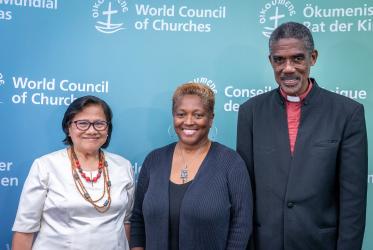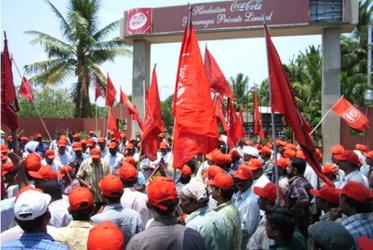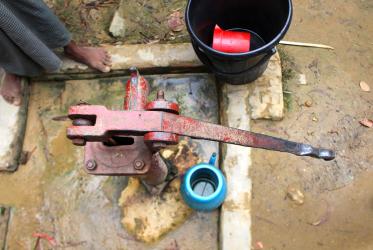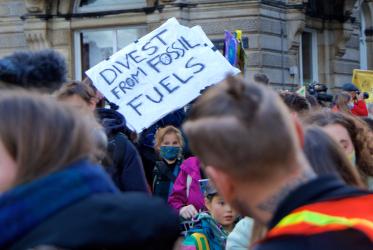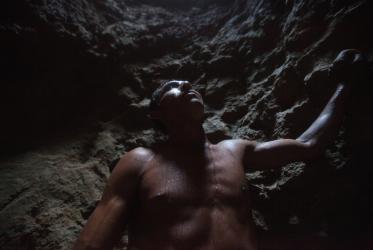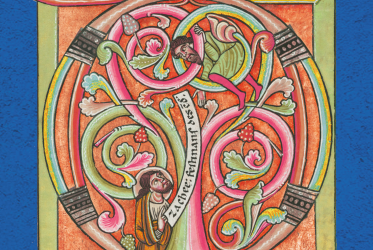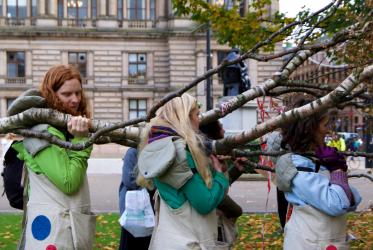Displaying 41 - 60 of 320
Groundwater is “a political question”
27 April 2022
Reflect on Seven Weeks for Water at upcoming WCC webinar
31 March 2022
Groundwater: a hidden treasure we need to protect, say EWN members
28 February 2022
ZacTax Toolkit equips churches for tax justice
02 December 2021
